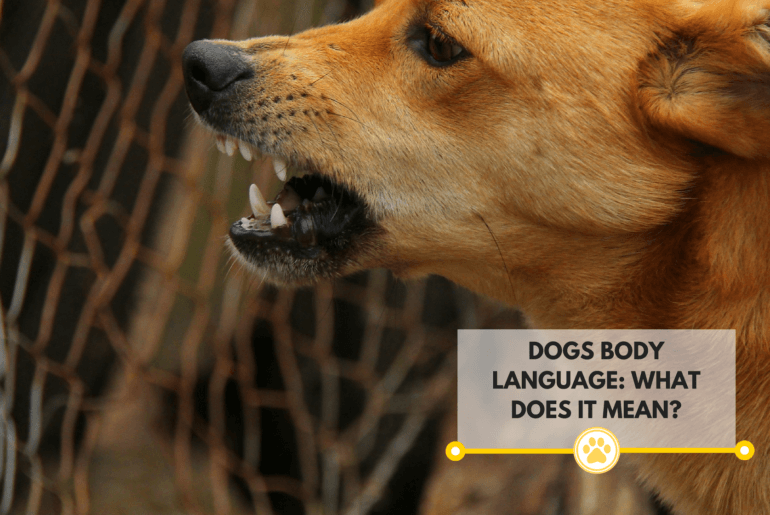DIY Dog Treat
Halloween Dog Treat Recipe
December 13, 2022

Behavior Training
January 08, 2018
Dogs, just like humans, have feelings. They surge with excitement, cower in fear, and give you a puzzled look when worried.
Dogs emotions are ever changing – especially in new environments and situations. Knowing your dog’s body language will allow you to help your dog adjust throughout changing situations.
I’ve found this out first hand, no dog is the same as the next. If you are a multi-dog family, you can probably relate. What scares my one dog nearly to death, doesn’t even phase the other. They have different temperaments, different needs, and different ways in which they cope with situations.
What I’ve learned is that some signs in my dogs are obvious, while others are subtle. Read on to learn common sings in the body language of a happy, worried, and angry/unhappy dog.

A dog who is happy will have a relaxed or even excited appearance.
The body language of a happy dog:

A dog who is worried will display certain signs giving you warning that they are uncomfortable. A worried dog may not want you to approach them.
The body language of a worried dog:

An angry dog can be dangerous. They are feeling a lot of emotions and can be unpredictable. It is best to not approach.
The body language of an angry or unhappy dog:
Whether you have a dog of your own or find yourself encountering them often in your life – it is helpful to understand dog body language and the signs they give you.